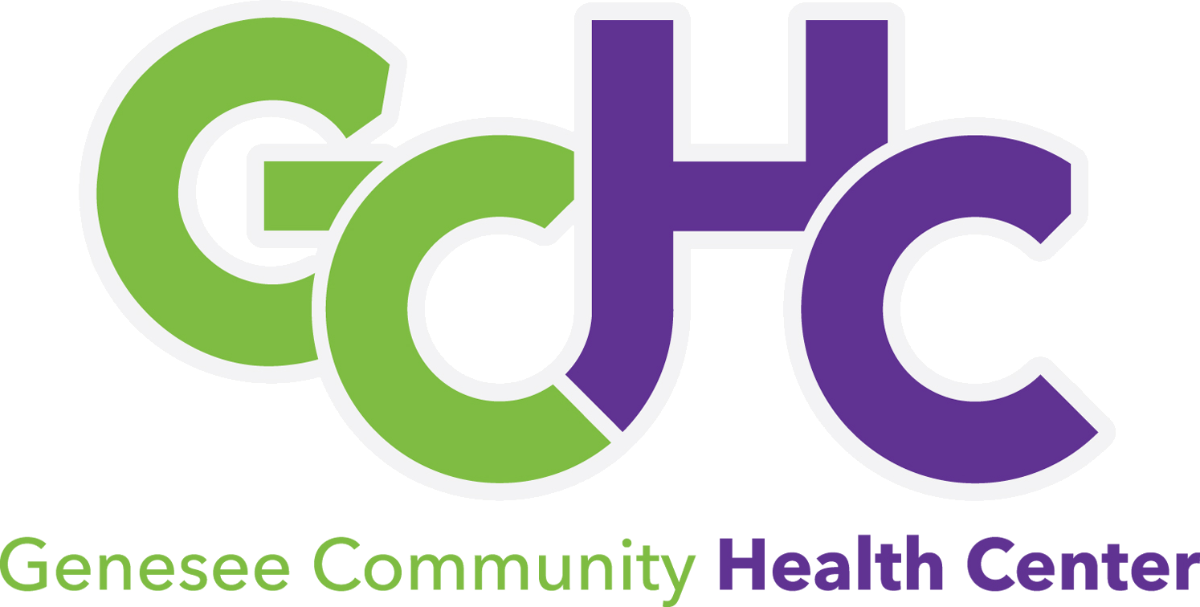Training made possible by ReCast
GHS offers free in-person and online trainings to address the mental health needs of our community.
- LivingWorks Start
participants complete the course through a series of videos and practice responding to people in crisis during a highly interactive self-study. - Trauma & Resiliency
Learning to adapt to adversity, trauma, tragedy, threats or significant stress. This course will review the correlation between trauma and resiliency and explore ways to increase resiliency in your life. - Mental Health First Aid
Skills based training that teaches participants about mental health and substance use issues. Learn what to do in a crisis until a professional arrives. 8 hour training. Two different classes: either focus on working with adults or with youth. - Mental Health 101
An introductory course on mental health. Topics include stigma, signs/symptoms of mental health issues, local and national resources as well as information about other training opportunities. - Question Persuade Refer (QPR)
Just like CPR, Question Persuade Refer (QPR) is an emergency response to someone in crisis and can save lives. A 90 minute class that prepares participants to recognize signs of suicidal ideation, to ask the person in crisis about suicidal thoughts/intentions and to link them to crisis services. Approximately 90-minute course. - Suicide: The Ripple Effect
A feature-length documentary film, focusing on the devastating effects of suicide and the tremendous positive ripple effects of advocacy, inspiration and hope that are helping millions heal & stay alive. Instructors will remain afterwards to answer questions and connect with viewers for a short review and debrief.
Specialty Training
- LivingWorks Faith
Empowering faith leaders to save lives from suicide. - Narcan Training
Narcan is a medication that reverses opioid overdose. With the growing opioid epidemic, everyone should receive this training. Learn how to recognize, prevent and stop an overdose. You could save a life. - Military Culture
When serving members of the military or veteran community, including family members, it is important to recognize that this community has its own way of life and cultural norms. Paid for with the Walking With Warriors Campaign. - Naloxone Film / Region 10 PIHP Video
A film by Region 10 PIHP with information about Nalaxone and its use.
Made possible by a grant from ReCast.
To view or download the flyer, please click HERE.

